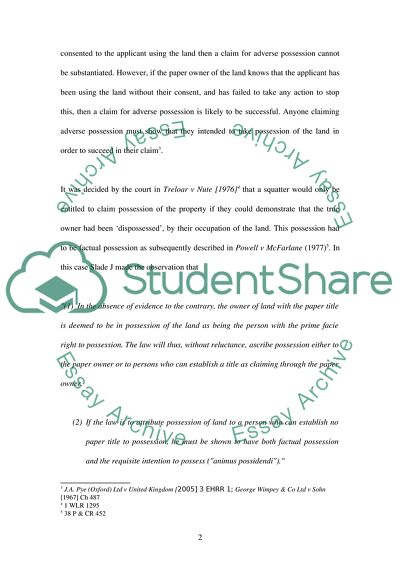Cite this document
(Abolished Possession in Relation to Unregistered and Registered Land Case Study, n.d.)
Abolished Possession in Relation to Unregistered and Registered Land Case Study. Retrieved from https://studentshare.org/law/1731902-propertyland-law
Abolished Possession in Relation to Unregistered and Registered Land Case Study. Retrieved from https://studentshare.org/law/1731902-propertyland-law
(Abolished Possession in Relation to Unregistered and Registered Land Case Study)
Abolished Possession in Relation to Unregistered and Registered Land Case Study. https://studentshare.org/law/1731902-propertyland-law.
Abolished Possession in Relation to Unregistered and Registered Land Case Study. https://studentshare.org/law/1731902-propertyland-law.
“Abolished Possession in Relation to Unregistered and Registered Land Case Study”, n.d. https://studentshare.org/law/1731902-propertyland-law.


